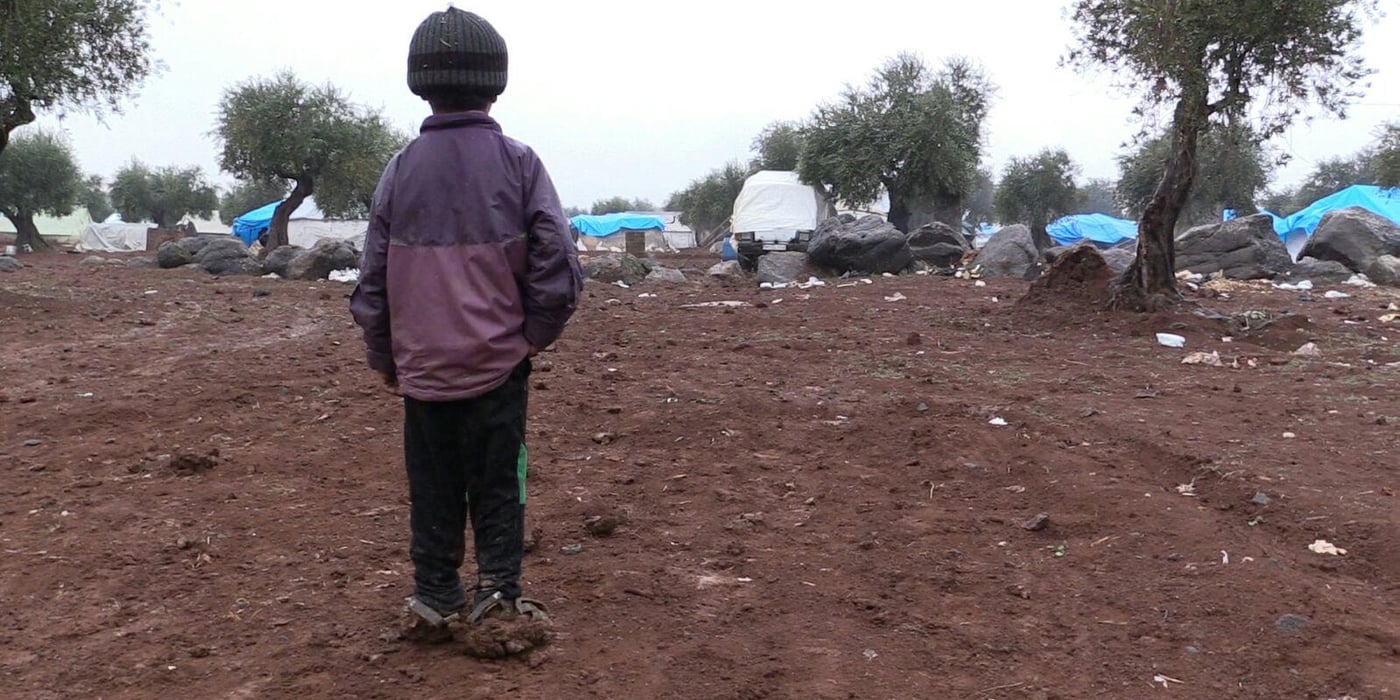
Last week the world witnessed more than 35,000 people forced to flee Aleppo city in Syria. These families are symbolic of the political failure to end conflict, blatant violations of the norms that safeguard humanity, and underline the challenges faced by aid workers assisting people in need. Against a backdrop of ever-increasing global displacement statistics, the Norwegian Refugee Council (NRC) welcomes the Secretary-General’s Report, One Humanity: Shared Responsibility, and the main proposals emerging from the Agenda for Humanity.
• NRC joins the Secretary-General’s call for political actors to positively respond to the need for global leadership to prevent and end conflict. Humanitarian assistance is a short-term solution to assist civilians affected by crises. Governments and armed groups are best placed to end the suffering caused by conflict.
• NRC welcomes the Secretary-General’s call to reaffirm the humanitarian principles of neutrality, impartiality, humanity and independence. Furthermore, NRC calls on states and armed groups to fulfil their responsibility under International Humanitarian Law, and support principled humanitarian action and ensure respect for the humanitarian imperative.
NRC commits to contribute to the global effort to ensure that International Humanitarian and Human Rights Law are upheld. All stakeholders must work together while not questioning legitimate mandates.
• NRC calls on states to ensure that countering violent extremism does not become a criteria for aid delivery and that people affected by crisis are assisted solely on the basis of need. NRC has provided evidence-based research on the impact of counter-terrorism and counter-insurgency measures on humanitarian action. It appreciates the call to ensure that these measures do not inhibit humanitarian action.
• NRC is committed to the Secretary-General’s aim to leave no one behind, in addressing the specific vulnerabilities of displaced children in emergencies. NRC is strongly committed to supporting policies and legal frameworks that address displacement, particularly of children and young people. NRC also welcomes the report’s emphasis to eliminate gaps in education, and encourages governments to adopt and implement the 2015 Declaration on Protecting Schools and Universities from Military Use during Armed Conflict.
• NRC welcomes the call to change focus from delivering aid to ending need. Increasing the capacity of communities to prepare and respond to crises is essential to reduce their reliance on international aid. NRC agrees that this approach should involve agreeing a common problem statement about a crisis. NRC’s Internal Displacement Monitoring Centre (IDMC) is committed to working with its partners on a shared conceptual framework on displacement, which will lead to more informative global data on displaced people. IDMC commits to providing systemic analyses of displacement across crises, to highlighting displacement as an issue that cuts across policy frameworks, mandates and timeframes.
• NRC looks forward to the World Humanitarian Summit providing more detail on context-specific approaches to coordination in the future. The humanitarian system needs a rationalisation of the complementarities and flexibility of different tools and humanitarian actors, not more politicisation or monopolies of decision-making. NRC welcomes the clear reference to retaining and enabling emergency capacity and response where it is relevant. Humanitarian space needs to be preserved. NRC appreciates the call for supporting complementarity with national and local efforts, while warning against any shift where humanitarian assistance can become part of a political agenda.
• NRC welcomes the Secretary-General’s call to improve humanitarian financing. Approaches to improve how aid operations are funded should be measured on their flexibility, transparency and ability to reach organizations on the ground delivering aid. A doubling of the Central Emergency Response Fund should to be accompanied by a reform of the Fund, which has been slow and bureaucratic at times. While it is important for aid organisations ensure appropriate due diligence, funding agreements must not become so burdensome that they undermine the effectiveness of aid. Conditions must also not promote a culture of risk aversion which restricts the ability of humanitarians to act in proximity to communities affected by crisis.
As an aid organisation of nearly 8,000 staff working in 28 countries, NRC will use the World Humanitarian Summit to renew its commitment to place the dignity and protection of people affected by crisis at the core of humanitarian action. NRC commits to continue providing analysis of the global scope and scale of internal displacement through its Internal Displacement Monitoring Centre. NRC will inform policy and operational decision-making to support preventative action, humanitarian response in crisis and longer term development. Through NORCAP deployments, NRC is committed to providing expertise to the United Nations and other institutions to improve the collective response to crises.
The humanitarian principles are crucial to respond to the Secretary-General’s call for One Humanity. NRC looks forward to being a constructive partner in the dialogue on how to improve the humanitarian system, to ensure that people in need of protection and assistance will be supported in the best way possible.

